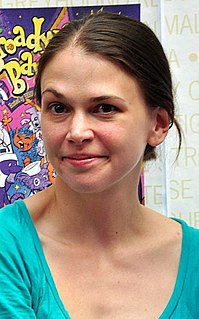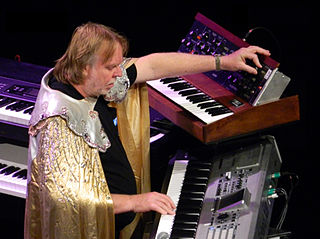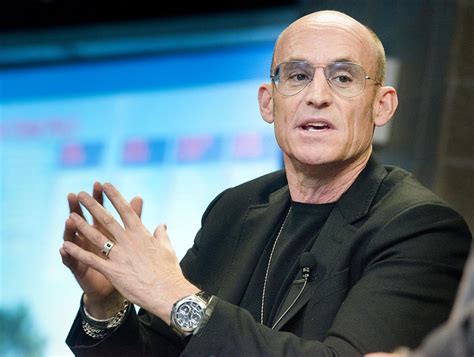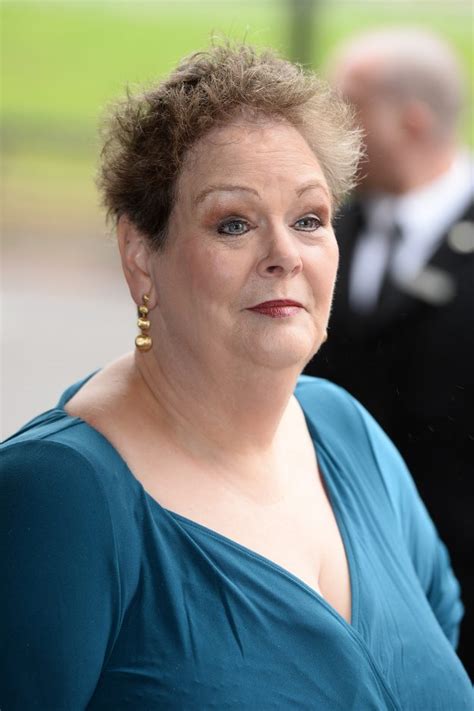A Quote by Stephanie Coontz
I've had the kind of complex life I write about. I was a single mother for 12 years. I'd been engaged. The wedding fell through. I then discovered I was pregnant and opted to have the child on my own. I was a professor. I was in my mid-30s. I could manage it financially.
Related Quotes
The hardest stories we tell are always about ourselves. How do you explain that you have been missing your mother for 20 years? I don't know how to explain that to you. I wasn't even sure I wanted to film that, because I don't know how I felt about it. I didn't want to put her through it, and I frankly wasn't ready. Because since I was 16, I just had created my own life for myself, you know? I left when I was 12. I'm 32. And I have gotten to know my mother more through editing her and looking and watching and editing her footage, you know.
The myth of independence from the mother is abandoned in mid- life as women learn new routes around the mother--both the mother without and the mother within. A mid-life daughter may reengage with a mother or put new controls on care and set limits to love. But whatever she does, her child's history is never finished.
Honestly, I have s much respect for single moms or anybody who finds themselves a single mother, but to even choose to be single mother is just so courageous to me. It is such a hard job to raise a child and be everything to that child without a partner. It's just admirable and courageous and brave and every other valiant word I can think of. I don't know if I could do it on my own.
Even if you've gone through an average childhood, you have girlfriends who get pregnant and then have to choose whether or not to have a child. And this stuff certainly makes you think about what you're taking on. I certainly want to have children, but I could never do it until I felt I loved myself enough, and wanted to bring someone into the world because I had some kind of security.
I couldn't have children, I tried to for years. I've never been pregnant in my life. When I was a girl and fooling around I was scared to death I'd get pregnant, and then when I got married and wanted to have children I couldn't have any. But I don't miss it. I did for awhile, but I realize that I am everybody's mother.
When Mike Hammond and I started Gateway 12 years ago on my father's cattle farm, we knew it could be big. We talked big. But there's no way we could have been prepared to go from less than $300 million in revenues to $5 billion in six years. You can't so much prepare for that kind of growth as sort of ride it and try to manage it.
After my husband died more than a decade ago, my mother prayed that I would remarry so that I could have a "normal" life again. Many people assumed that it would be too difficult for me to carry on as a single mother and raise a child without a man at my side. As the years went by, I found that it was indeed possible and that, in fact, I had no desire to remarry.
It's the typical mid-life crisis kind of thing, where you just stop and wonder, 'Should I go back to university and get a law degree?' I kind of looked around me and thought, 'What kind of idiot am I that I've just spent the last 10 years writing novels? Financially, I'm pretty much where I was when I was 28.'



































